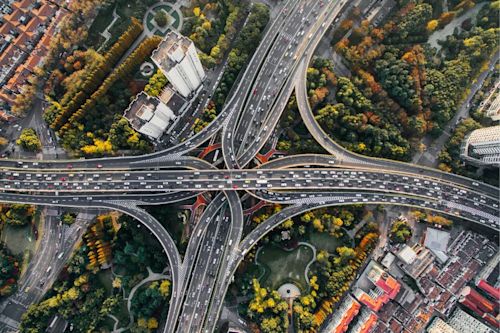Technology
The security industry is developing faster than ever before. Technological development and digitalization play the leading role and shape the life of tomorrow.

Technology
Will Deepfake Threats Compromise Cybersecurity in 2025?

Technology
What Your Face Reveals: Biometric AI Detects Emotions, Illnesses, and Even Your Vote
Beyond ID checks, facial recognition powered by biometric AI now reads emotions, monitors health patterns, and forecasts behavior.

Technology
Can Big Data and AI Really Help us Manage City Traffic?
As cities grow, so does congestion—but AI and Big Data offer new ways to manage traffic, optimize transit, and build sustainable futures.

Architecture
Accessibility and well-being: how dormakaba access solutions transform spaces for everyone.
Inclusive & secure welcome. dormakaba solutions facilitate access for people with reduced mobility. Modernize your spaces. Security & well-being.

Architecture
Practical guide: how to integrate dormakaba products into a BIM project?
How to integrate Dormakaba access solutions into a BIM project to optimize building security, accessibility, and flow management.

Security
Sustainable Retrofit: Upgrading Companies’ Old Security Systems with Modern Eco-Solutions
Energy-efficient retrofitting transforms buildings, making them more sustainable, cost-effective, and environmentally friendly.

Security
Optimize the security of your locker rooms with the 2120 electronic locker lock.
Enhance the security of your lockers with the 2120 electronic locker lock. Advanced technology, easy installation, and efficient access control.

Technology
How 3D-printed Schools Can Revolutionize Global Education
Millions of children remain without education due to a lack of schools. 3D printing enables quick and cost-effective construction, creating accessible infrastructure.